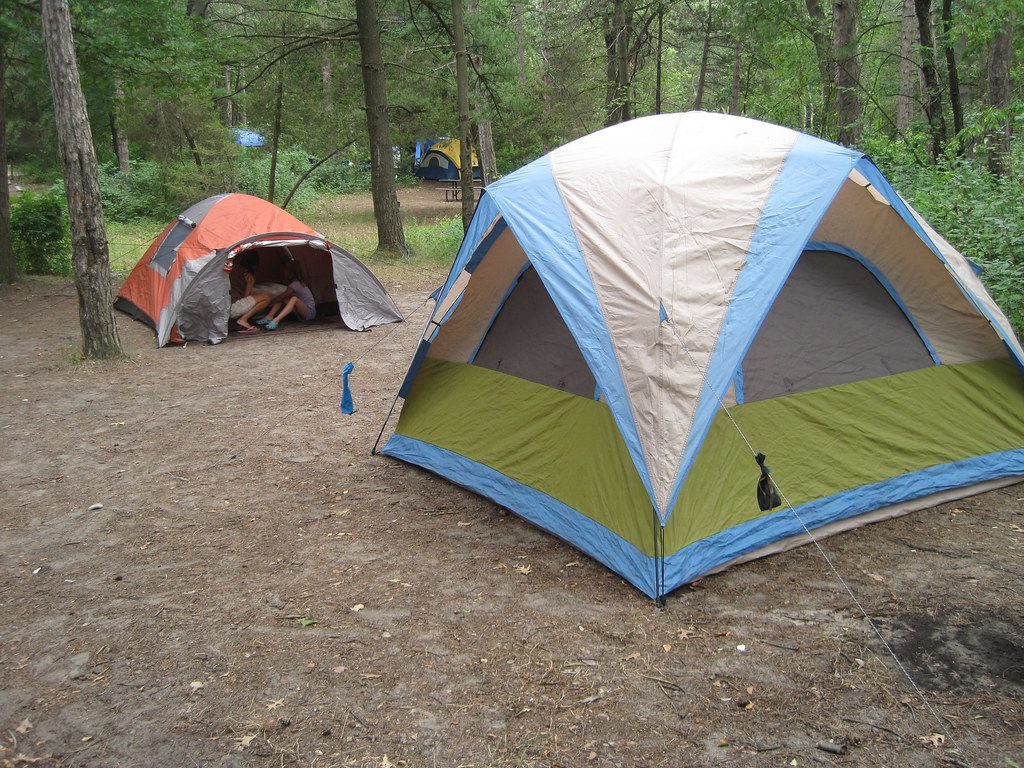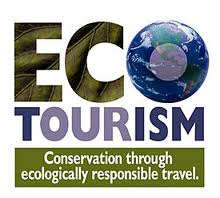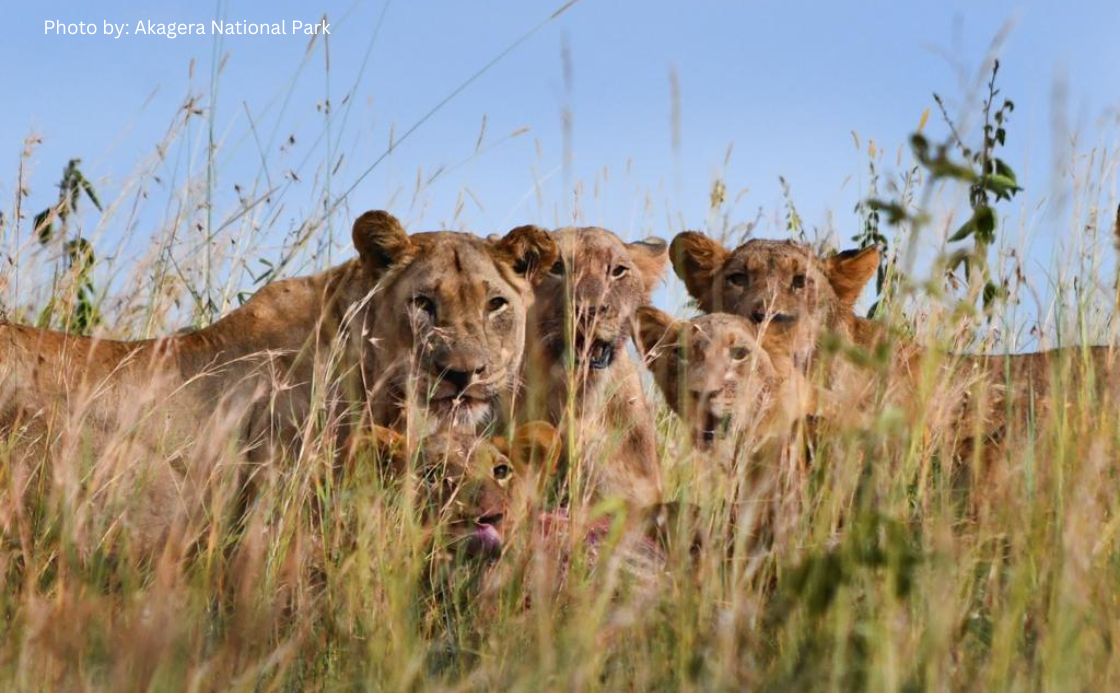Camping offers a unique opportunity to connect with nature, disconnect from the digital world, and unwind in the great outdoors. Whether you’re a seasoned camper or a beginner, here are some expert insights to help you have a safe, enjoyable, and memorable camping trip:
1. Plan Ahead:
- Choose a suitable camping destination based on your skill level and preferences.
- Research the weather, terrain, regulations, and available facilities.
2. Pack Thoughtfully:
- Prioritize essential items such as a tent, sleeping bag, sleeping pad, and appropriate clothing.
- Pack a compact and lightweight camping stove, cookware, utensils, and food.
3. Campsite Selection:
- Choose a level and dry campsite away from hazards like dead trees, flood-prone areas, or steep slopes.
- Consider local regulations and guidelines for camping locations.
4. Setting Up Camp:
- Set up your tent on level ground and secure it properly with stakes and guy lines.
- Create a designated area for cooking and keep your campsite organized.
5. Fire Safety:
- Check if fires are allowed at your campsite. If so, keep the fire contained in a designated fire ring or pit.
- Always keep a bucket of water or sand nearby to extinguish the fire completely.
6. Leave No Trace:
- Practice Leave No Trace principles by minimizing your impact on the environment.
- Pack out all trash, minimize campsite alterations, and respect wildlife.
7. Food Storage:
- Store food securely to prevent attracting wildlife. Consider using bear-resistant containers if needed.
- Dispose of food scraps properly to avoid littering and attracting animals.
8. Hydration and Water Safety:
- Carry enough clean water or have a reliable method to purify natural water sources.
- Stay hydrated and avoid waterborne illnesses by treating or boiling water.
9. Gear Maintenance:
- Regularly inspect and maintain your camping gear to ensure it’s in good working condition.
- Perform gear checks before each trip to prevent surprises at the campsite.
10. Wildlife Interaction:
- Keep a safe distance from wildlife and avoid feeding them. Observe animals from a distance to prevent disturbances.
11. Weather Preparedness:
- Be prepared for changing weather conditions. Pack layers to stay warm and dry.
- Check the weather forecast before heading out and be ready for unexpected changes.
12. First Aid and Safety:
- Carry a well-stocked first aid kit and know how to use it.
- Inform someone you trust about your camping plans and expected return date.
13. Respect Quiet Hours:
- Be considerate of other campers and adhere to designated quiet hours.
- Keep noise levels down, especially during early mornings and evenings.
14. Learn Basic Knots:
- Knowing a few basic knots can be incredibly helpful for setting up shelter, securing gear, and more.
15. Disconnect and Reconnect:
- Embrace the opportunity to disconnect from technology and immerse yourself in the natural surroundings.
- Engage in activities like hiking, stargazing, and simply enjoying the tranquility.
Remember that every camping trip is a chance to learn and improve your outdoor skills. Don’t be afraid to ask experienced campers for advice and share your knowledge with newcomers. With proper preparation, an open mind, and a spirit of adventure, you can create lasting memories and forge a deeper connection with the beauty of the natural world.





